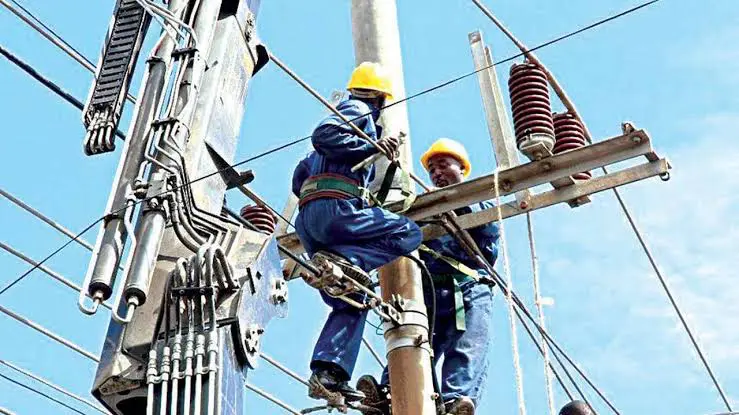Residents in parts of Enugu State, Nigeria, have faced prolonged power outages over the past four days, with authorities attributing the disruptions to a contentious electricity tariff adjustment. Mainpower Electricity Distribution Limited (MEDL), a subsidiary of the Enugu Electricity Distribution Company (EEDC), stated on Monday that a regulatory reduction in energy prices has forced its parent company to slash energy supplies by half, crippling its ability to distribute electricity reliably.
The crisis stems from a directive by the Enugu Electricity Regulatory Commission (EERC), which lowered electricity rates for premium-tier customers known as Band A users. Under the revised Multi-Year Tariff Order, tariffs dropped from ₦209.50 ($0.14) to ₦160.40 ($0.11) per kilowatt-hour. MEDL warned this reduction would cost EEDC over ₦1 billion (approximately $670,000) monthly, making it “impossible” for the parent company to fulfill financial obligations to energy suppliers.
“EEDC had no choice but to reduce the energy allocated to us by 50% to avoid unsustainable losses,” MEDL explained, adding that it relies exclusively on EEDC for power, as the latter holds supply agreements with the Nigerian Bulk Electricity Trading Plc (NBET), the national electricity wholesaler. The supply cut has left MEDL struggling to meet demand, particularly in high-consumption areas.
The tariff dispute has deepened tensions between regulators and energy firms. While the EERC insists on enforcing the lower rates, electricity distributors (DisCos) and generation companies (GenCos) reject the policy, citing revenue shortfalls. The Nigerian Electricity Regulatory Commission (NERC) and the federal government have also opposed the EERC’s decision, creating a regulatory deadlock.
Industry analysts highlight the broader challenge of balancing consumer interests with the financial sustainability of Nigeria’s power sector, which has long grappled with liquidity issues and infrastructure deficits. The current impasse underscores the fragility of energy supply chains in regions dependent on centralized distribution networks.
MEDL emphasized its limited influence over the situation, noting that tariff adjustments and energy allocations fall under the jurisdiction of EEDC and federal regulators. Meanwhile, residents and businesses in affected areas continue to endure erratic power supply, with no immediate resolution in sight as stakeholders remain divided on the path forward.
